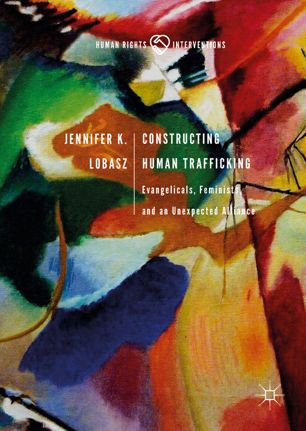

Most ebook files are in PDF format, so you can easily read them using various software such as Foxit Reader or directly on the Google Chrome browser.
Some ebook files are released by publishers in other formats such as .awz, .mobi, .epub, .fb2, etc. You may need to install specific software to read these formats on mobile/PC, such as Calibre.
Please read the tutorial at this link: https://ebookbell.com/faq
We offer FREE conversion to the popular formats you request; however, this may take some time. Therefore, right after payment, please email us, and we will try to provide the service as quickly as possible.
For some exceptional file formats or broken links (if any), please refrain from opening any disputes. Instead, email us first, and we will try to assist within a maximum of 6 hours.
EbookBell Team

5.0
20 reviewsHuman trafficking has come to be seen as a growing threat, and transnational advocacy networks opposed to human trafficking have succeeded in establishing trafficking as a pressing political problem. The meaning of human trafficking, however, remains an object of significant—and heated—contestation. This project draws upon feminist and poststructuralist international relations theories to offer a genealogy of U.S. neo-abolitionism. The analysis examines activist campaigns, legislative and policy debates, and legislation surrounding human trafficking and the Trafficking Victims Protection Act in order to argue that the dominant US framing of trafficking as prostitution and sex slavery is not as hegemonic as scholars and activists commonly argue. In fact, constructions of human trafficking have become more amenable to reconfiguration, paradoxically in large part because of Evangelical attempts to widen the frame. This is an empirically novel and theoretically rich account of an urgent transnational issue of concern to activists, voters and policymakers around the globe.